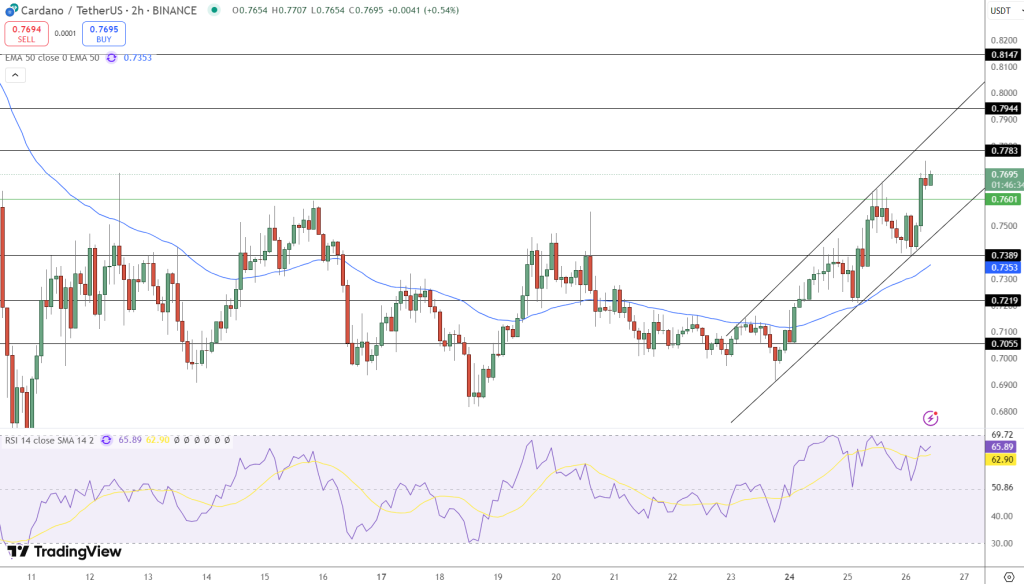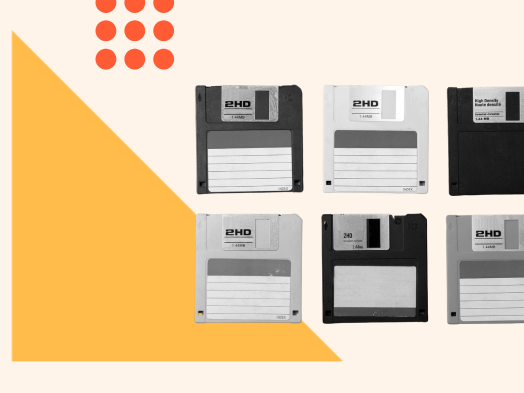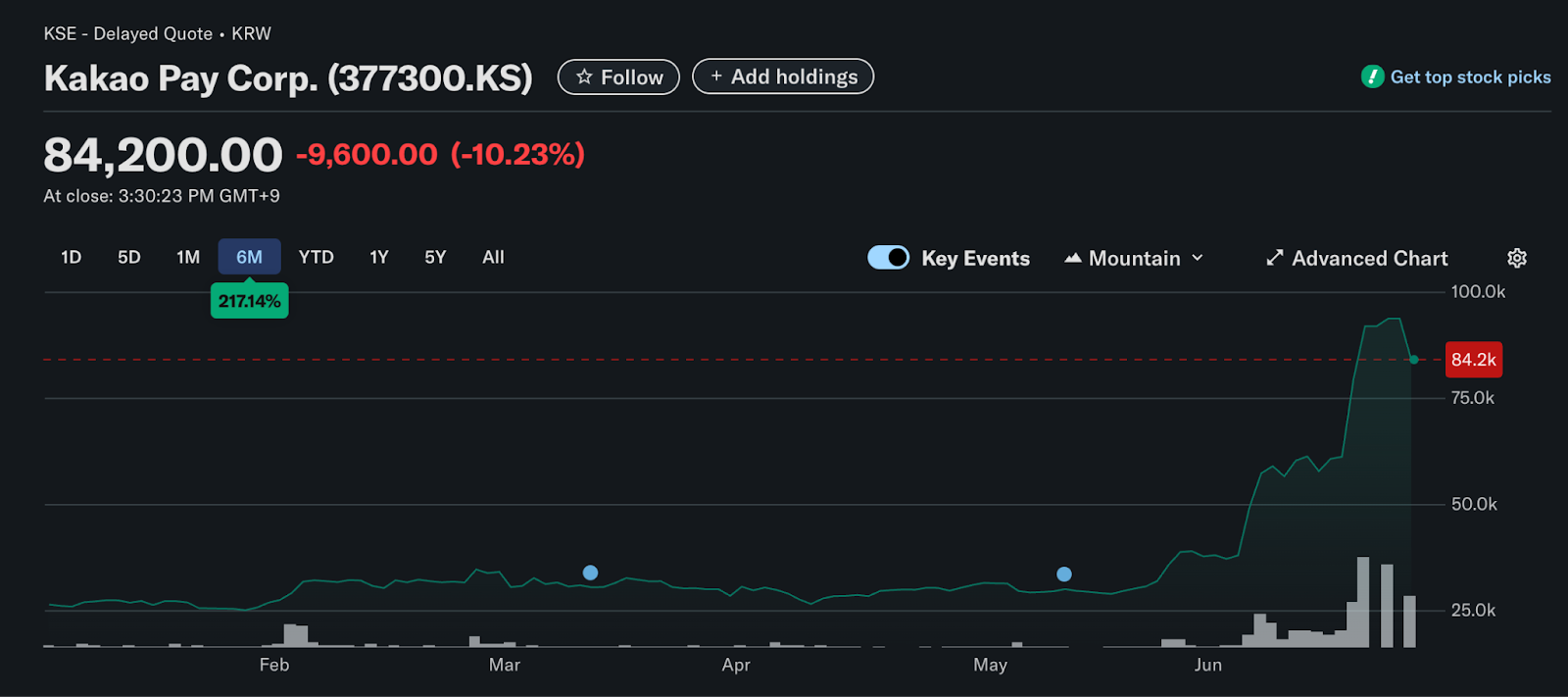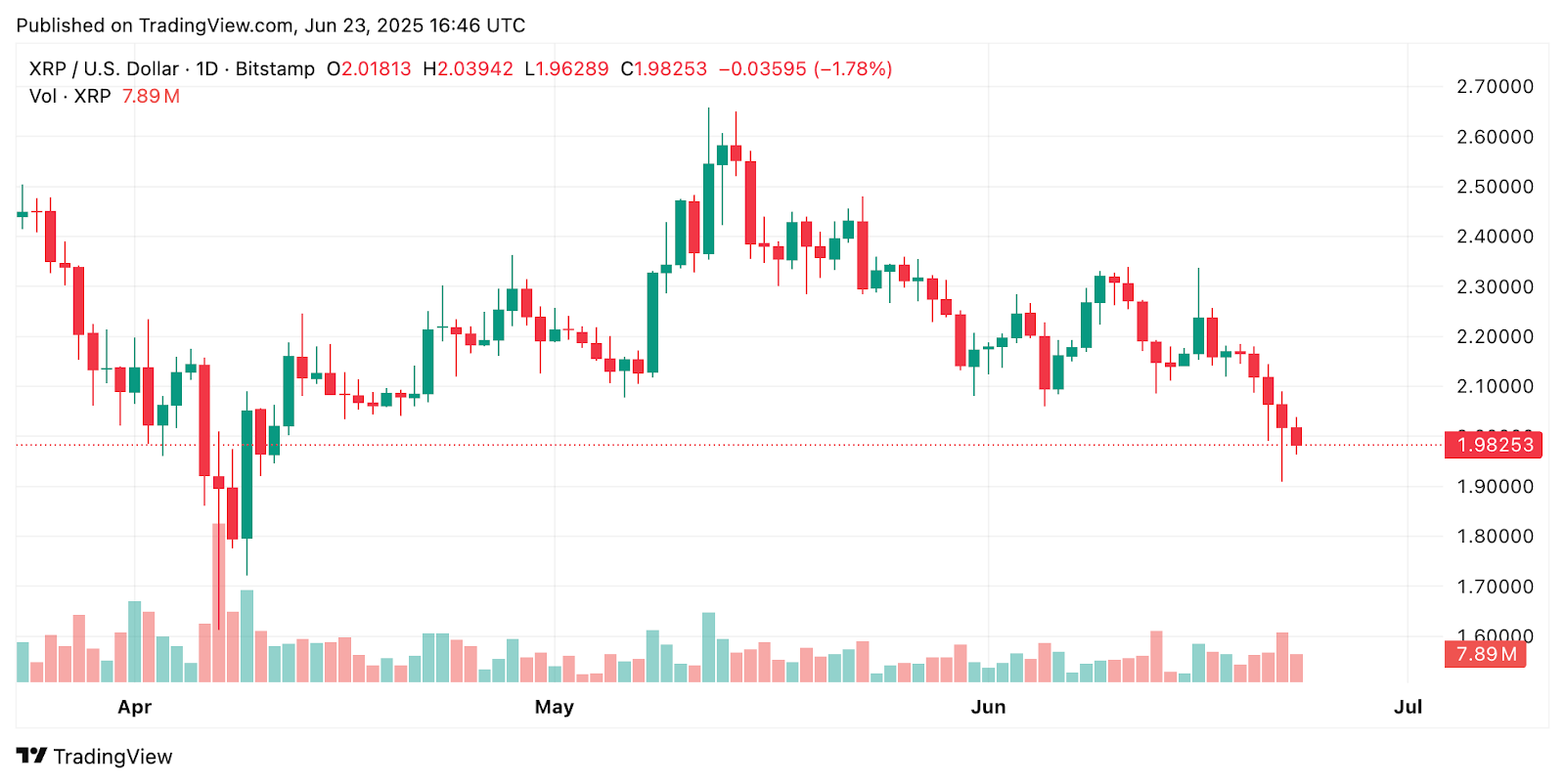The digital age has exploded into an AI revolution, reshaping work as we know it. Organizations face a critical challenge: adapting to this seismic shift. HR, the architects of the modern workforce, are now tasked with navigating this change—not just mitigating disruption but harnessing AI’s power to build a resilient future.
Charlotte Chiew, vice president, people and culture, for NCS, is at the forefront of this transformation. She emphasized that AI’s impact will extend across technical and non-technical roles, making reskilling a management imperative.
“While technical skills are key, it’s even more important that we focus on building ‘soft’ skills,” she told HRM Asia. “As AI and automation become more capable not only at routine, manual tasks but also knowledge-based work, unique human capabilities such as creativity, emotional intelligence, empathy, unstructured problem solving, judgment and ethical decision-making will be the key to enabling people to retain competitiveness in the job market.”
AI is expected to generate new job opportunities across multiple domains in the coming year. Engineering roles, including software, cloud and data engineering, will require AI-related capabilities. Meanwhile, new specializations are emerging in fields such as agentic AI, robotics, video intelligence, speech recognition, and AI ethics and compliance.
“These specialties are new and already evolving, and we are helping to create these talents through bespoke on-the-job training,” Chiew explained.
Beyond technical fields, AI literacy is becoming a fundamental skill for employees. NCS has introduced an AI Foundational Course for all 13,000 employees to ensure they can effectively integrate AI into their work.
“We also offer leadership and professional skills training, as well as collaborative work practices—we do this both in-house as well as in collaboration with Institutes of Higher Learning,” Chiew added. “I believe these skills will become increasingly important.”
How gen AI can accelerate learning
Moreover, generative AI has already entered daily business operations. Chiew shared that software engineers at NCS leverage gen AI for coding and testing, while HR teams use AI for market research, report generation and administrative tasks. “For myself in HR, I’m using gen AI to gain quick access to market trends and insights, develop working decks, and manage administrative tasks like a recap of meeting minutes and tasks,” she said.
See also: What the 2030 workforce could look like without reskilling
Clients of NCS are also seeing the benefits of AI-powered solutions. For example, at the Singapore Ministry of Manpower’s Contact Centre, AI-driven transcription and call summarization have streamlined workflows and improved productivity.
One significant challenge organizations face is reskilling their workforce to keep pace with technological advancements. Chiew believes AI itself can be part of the solution. “Gen AI technologies, such as chatbots and video production tools, speed up training material development while improving quality,” she said.
At NCS Dojo, the company’s internal learning organization, AI avatars create self-paced learning videos, reducing production time while ensuring consistency. AI also personalizes training programs, identifying employee skill gaps and matching mentors with mentees.
Chiew stressed that AI should complement—not replace—the human element in career development. “AI-driven learning must be combined with mentorship and practical training while aligning AI use with people development goals,” she advised.
HR Tech Asia 2025: See what else NCS is talking about, beginning May 7
Building workforce resilience
As HR leaders navigate this transformative landscape, Chiew offered crucial advice: “As AI reshapes the future of work, HR leaders need to prioritize workforce resilience through both upskilling and reskilling. We must also think about the soft skills employees need because that is how they can provide value in the age of AI.”
NCS’ approach focuses on developing “pi-shaped skills”—deep expertise in two domains and broad knowledge in a third—and fostering a culture of continuous learning. “We also focus on encouraging proactive, continuous learning among our people while fostering an apprenticeship-centric environment where we learn from one another,” she said.
With AI’s rapid advancements, organizations must shift from superficial adoption to a strategic approach that ensures long-term digital resilience. AI is already proving to be a catalyst for job creation and transformation, not just displacement. The key lies in preparing employees with the right skills and ensuring they can work alongside AI rather than be replaced by it.
“To make AI work in our best interest,” she said, “we need to be emotionally intelligent humans.”
Josephine Tan wrote this story for HRM Asia. Find more from this author at HRMAsia.com.
Credit: Source link











